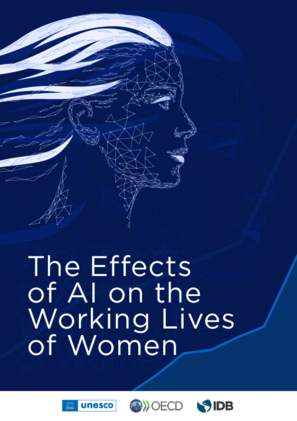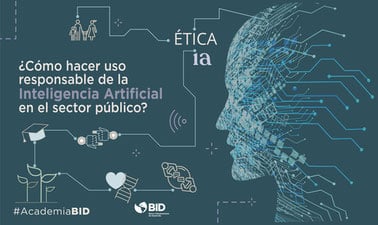Back to Observatory
Early warning system for student dropout risk using machine learning
Description of the service
Antivirus para la Deserción is a non-profit organization that seeks to reduce student attrition in Colombia, currently at 50%. It is one of the many ways we can contribute to achieving a more educated country and thus a more developed country. If we increase student graduation levels, we will efficiently leverage the installed infrastructure: it is like building the existing educational institutions without having to lay a brick.
Problem that it solves
Student dropout is one of the most complex problems for educational institutions, as it is not easy to understand its causes. In Colombia, half of the students do not finish their university studies, a figure that has been slowly improving but requires special efforts of the institutions.
Institutions usually offer programs to support students with academic, emotional, and economic needs. However, students either ask for help only when the problem has advanced or fail to do so out of embarrassment, ignorance, or excessive self-confidence, and thus reversing the situation is more difficult. Ideally, institutions should actively approach students and inquire about their needs to identify those who need support early.
Type of AI app used
Events detection (anomaly detection and early warning, Predictive systems (forecasting)
Main results to June 30, 2021
Warning system implemented in two university programs.
Program modeled for Universidad de Antioquia, one of the largest universities in Colombia.
Three main bottlenecks faced during implementation
- Data access
- Data quality
- Cultural resistance
Lessons learned in the design or use of AI for social impact
- Universities' historical data on students only include academic information. Institutions need to implement a data governance system as soon as possible to include socio-emotional information to strengthen drop-out predictive models.
- Designing Learning Analytics requires adopting a human-centered approach in the age of AI (AI systems and algorithms should be designed with the awareness that they are part of a system that involves humans as users, operators, students, teachers, and people close to them.)
- AI-based platforms for social impact need to be open-source and belong to society. Although private models have brought progress, only collective and open efforts will allow us to reach those in need.
Country of origin
Geographic scope of operations
Cali, Medellín
Type of executing entity
Civil society organizationSector/industry
Sustainable Development Goal(s) to which your AI solution contributes
1 (no poverty)
4 (quality education)
8 (decent work and economic growth)
IA app developed internally or by a third party
Internally
Name of implementing entity
Antivirus para la Deserción
Stakeholders involved
RUAV, Colombian Ministry of ICT
Percentage of the development team that are women
40%
Year they started using AI-based models
2021It may interest you
Globally, studies show that women in the labor force are paid less, hold fewer senior positions and participate less in science, technology, engineering and mathematics (STEM) fields.
Este MOOC aborda los conceptos, principios, desafíos y oportunidades del uso ético y responsable de la inteligencia artificial (IA) para el sector público.
Esta es una herramienta práctica de autoevaluación ética de IA para emprendedores, que permite llevar a cabo un análisis de la solución tecnológica basada en IA y manejo de datos.



